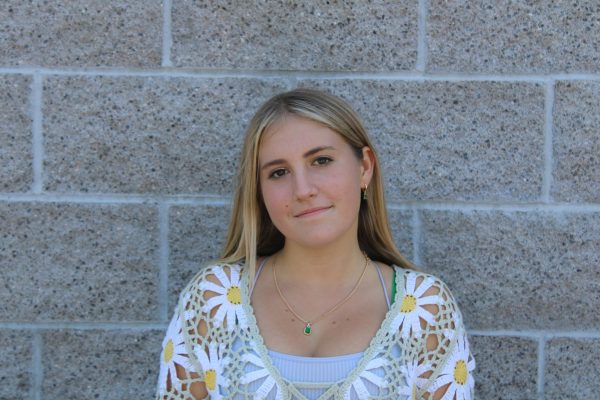*The opinions expressed within the content are solely the author’s and do not reflect the website’s or its affiliates’ opinions and beliefs.*
That’s the question, isn’t it? Throughout our years as teens the chorus of “You’ll be 18 soon, a legal adult” has followed. Some find it an exciting, relieving statement; 18 years old is of course the milestone of independence, something many teenagers claw tooth and nail to get. Some find it to be a daunting reminder of the severity of life; 18 years old also being the age when all of the responsibility, legally, rests solely upon one’s shoulders.
Most people find the idea of turning 18 to be an intoxicating mixture of both sentiments.
But disillusionment comes for us all one way or another. Turning 18 doesn’t somehow bring with it this grand transformation, a sudden knowledge of life and aura of maturity, no, far from it actually, turning 18 at the realistic heart of it is just another birthday. Another year revolved around the sun we put much more emphasis on it in that odd way we people do. Human beings create meaning out of nothing, grandeur out of scraps. It’s how we create a purpose for ourselves on this rock floating through space.
So that begs the question again, when do we really become adults?
Physiologically our brains reach full maturity at 25. Specifically, the cognitive centers of our brain dedicated to foresight and decision-making are not at all finished developing at 18, or even 21, another major milestone. Our bodies however finish much faster with development halting between the ages of 16-19. This information is nice for understanding ourselves from an emotionally detached, purely scientific perspective but that does little good when a major part of considering oneself as a “true adult” is about the feeling. I know many “technical” adults who say that they don’t feel much like one, answering genuine questions about adulthood with nervous laughter and a blanket, “Oh I don’t know.”
So, if it is not a purely physical transformation but also an emotional one, then what state should you be in? What feeling is supposed to fill you when you reach “that level” of maturity? I’m sorry to say that I don’t know. I couldn’t even begin to tell you what happens when you strike that point. This is partially because that point doesn’t exist. That special line you cross in your life’s path isn’t a line at all. Maturity and adulthood are not what many people describe them as. We are not birds, born with an inexplicable instinct that tells them when it is time to spread their wings and leave the nest. Animals are blessed with that sense about themselves, what they lack in cognition they make up for with an internal divining rod, pointing them to each destination with pinpoint accuracy. Humans are not so lucky. People can only make guesses, choices, mistakes and more guesses until they strike their purpose.
The achievement of adulthood is a pendulum, oscillating back and forth between feeling in tune with your ability to hold yourself to responsibilities and desires and feeling entirely inept. If you asked me right now if I feel ready to be out on my own I would answer you with a resounding, “Yeah, of course.” I can maintain a job, school and a social life moderately well. I have plans for residence outside of my family’s home. I am ready.
Now, If you had asked me three days ago my answer would have been a glum, “Absolutely not.” I was in the middle of an anxious spiral about life in college and if I logistically could handle the extra stresses, like the groceries, and phone bills my parents graciously take care of for me. My point is sharing this is that until we see ourselves in that environment we will never know. Becoming stable is the trademark of being an adult, how long that takes is different for everyone.
So when do we really become adults? That’s for each of us to decide on our own.











